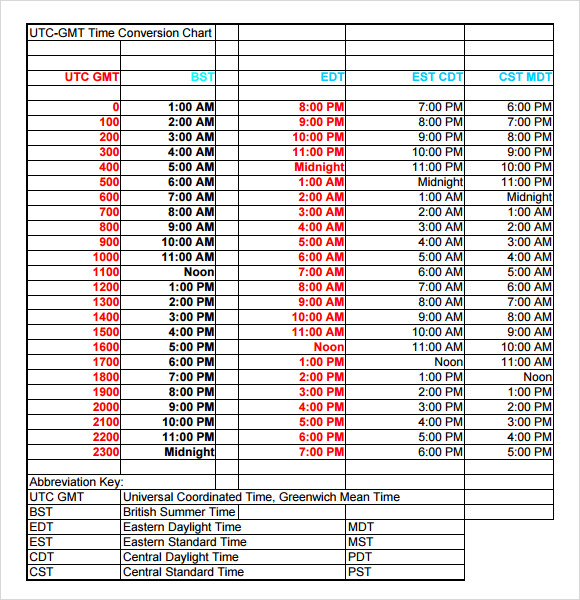

Utc time to est series#
Pandas Tutorial Part #5 - Add or Remove Pandas Series elements.Pandas Tutorial Part #4 - Attributes & methods of Pandas Series.Pandas Tutorial Part #3 - Get & Set Series values.Pandas Tutorial Part #2 - Basics of Pandas Series.Pandas Tutorial Part #1 - Introduction to Data Analysis with Python.Pandas Tutorials -Learn Data Analysis with Python
Utc time to est how to#
We learned how to convert UTC time to the local timezone in python. Print('Current Datetime in Local Time zone: ', local_now) Local_now = utc_now.astimezone(local_zone) Print('Current Datetime in UTC: ', utc_now) For example, from datetime import datetime

For that, we will pass the local timezone as an argument to astimezone() function. Using astimezone(), we can convert it to a local timezone and get the current local time. Suppose we have a datetime object that contains the current time in the UTC timezone and has the timezone information. Output: Datetime in UTC Time zone: 09:10:34.300030+00:00ĭatetime in Local Time zone: 14:40:34.300030+05:30 Convert the current UTC datetime to local datetime in python Print('Datetime in Local Time zone: ', local_dt) # Create Datetime object with UTC timezoneĭt_utc = datetime(2021, 10, 4, 9, 10, 34, 300030, tzinfo=pytz.UTC ) Instead of string, if you already have the datetime object with UTC timezone, we can convert it directly to a datetime object with a local timezone using astimezone(). Time as string in Local Time zone: 13:48:19 Convert UTC datetime object from local datetime Print('Time as string in Local Time zone: ', local_time_str) Local_time_str = dt_local.strftime(format) Print('Datetime in Local Time zone: ', dt_local) # Convert timezone of datetime from UTC to local Print('Datetime in UTC Time zone: ', dt_utc) # Create datetime object in local timezoneĭt_utc = datetime.strptime(dt_str, format) Let’s see a complete example to convert UTC datetime string to local time i.e. it converts the time in calling datetime to the specified timezone and returns a new datetime object containing it. It returns a new DateTime instance according to the specified time zone parameter tz i.e. The astimezone() function accepts a timezone instance tz as argument.
Utc time to est windows#
Works for Windows PowerShell v1 and v2Ĭommand line: perl -e "print scalar(localtime( epoch))" (If Perl is installed) Replace 'localtime' with 'gmtime' for GMT/UTC time. Math.floor(new Date().getTime()/1000.0) The getTime method returns the time in milliseconds.ĭATETIME() -, then use: get-epochDate 1520000000. SELECT dbinfo('utc_current') FROM sysmaster:sysdual SELECT (CAST(SYS_EXTRACT_UTC(SYSTIMESTAMP) AS DATE) - TO_DATE('','DD/MM/YYYY')) * 24 * 60 * 60 FROM DUAL SELECT unix_timestamp(now()) More MySQL examples (version 18+), older versions: calendar:datetime_to_gregorian_seconds(calendar:universal_time())-719528*24*3600. timeIntervalSince1970] (returns double) or NSString *currentTimestamp = timeIntervalSince1970]] ĭouble now = std::chrono::duration_cast(std::chrono::system_clock::now().time_since_epoch()).count() Įpoch := DateTimetoUnix(Now) Tested in Delphi 2010.Įrlang:system_time(seconds). Long epoch = System.currentTimeMillis()/1000 Returns epoch in seconds.ĭ() (.NET Framework 4.6+/.NET Core), older versions: var epoch = (DateTime.UtcNow - new DateTime(1970, 1, 1, 0, 0, 0, DateTimeKind.Utc)).TotalSeconds


 0 kommentar(er)
0 kommentar(er)
